Refine listing
Actions for selected content:
5398 results in Wits University Press
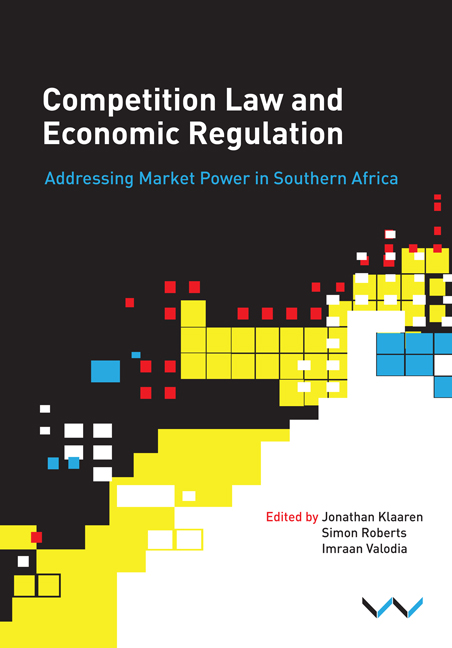
Competition Law and Economic Regulation in Southern Africa
- Addressing Market Power in Southern Africa
-
- Published by:
- Wits University Press
- Published online:
- 23 March 2018
- Print publication:
- 31 December 2017

Memory Against Forgetting
- Memoir of a Time in South African Politics 1938 - 1964
-
- Published by:
- Wits University Press
- Published online:
- 23 March 2018
- Print publication:
- 31 December 2017
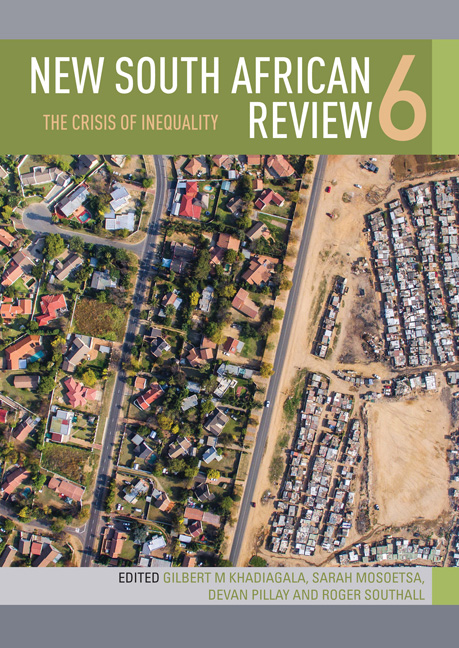
New South African Review 6
- The Crisis of Inequality
-
- Published by:
- Wits University Press
- Published online:
- 23 March 2018
- Print publication:
- 01 January 2018

Between Worlds
- German missionaries and the transition from mission to Bantu Education in South Africa
-
- Published by:
- Wits University Press
- Published online:
- 23 March 2018
- Print publication:
- 31 December 2017
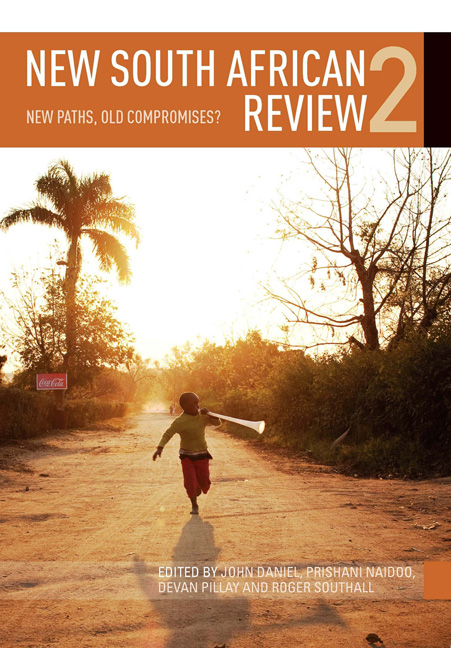
New South African Review 2
- New paths, old compromises?
-
- Published by:
- Wits University Press
- Published online:
- 23 March 2018
- Print publication:
- 28 February 2012

Metal that Will not Bend
- The National Union of Metalworkers of South Africa, 1980-1995
-
- Published by:
- Wits University Press
- Published online:
- 23 March 2018
- Print publication:
- 27 November 2011

Ekurhuleni
- The making of an urban region
-
- Published by:
- Wits University Press
- Published online:
- 22 March 2018
- Print publication:
- 01 November 2013

Healing the Exposed Being
- The Ngoma healing tradition in South Africa
-
- Published by:
- Wits University Press
- Published online:
- 22 March 2018
- Print publication:
- 31 December 2017

The Disorder of Things
- A Foucauldian approach to the work of Nuruddin Farah
-
- Published by:
- Wits University Press
- Published online:
- 22 March 2018
- Print publication:
- 01 January 2014
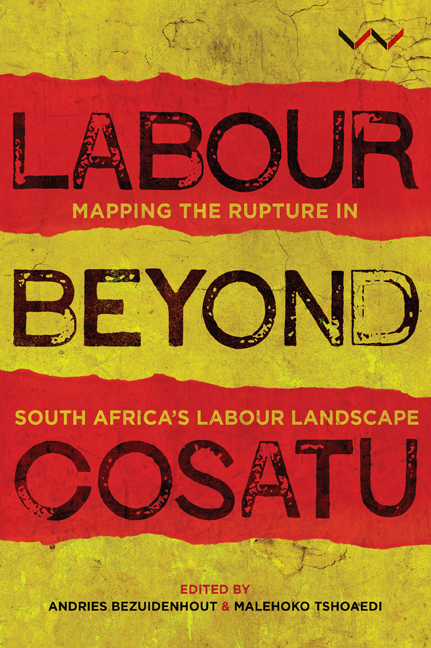
Labour Beyond Cosatu
- Mapping the rupture in South Africa’s labour landscape
-
- Published by:
- Wits University Press
- Published online:
- 21 March 2018
- Print publication:
- 31 December 2017
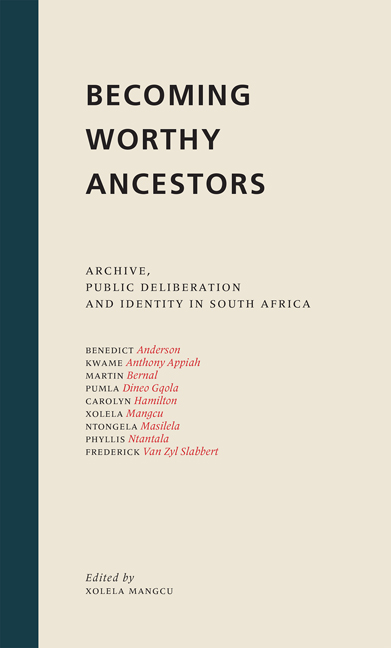
Becoming Worthy Ancestors
- Archive, public deliberation and identity in South Africa
-
- Published by:
- Wits University Press
- Published online:
- 21 March 2018
- Print publication:
- 27 November 2011
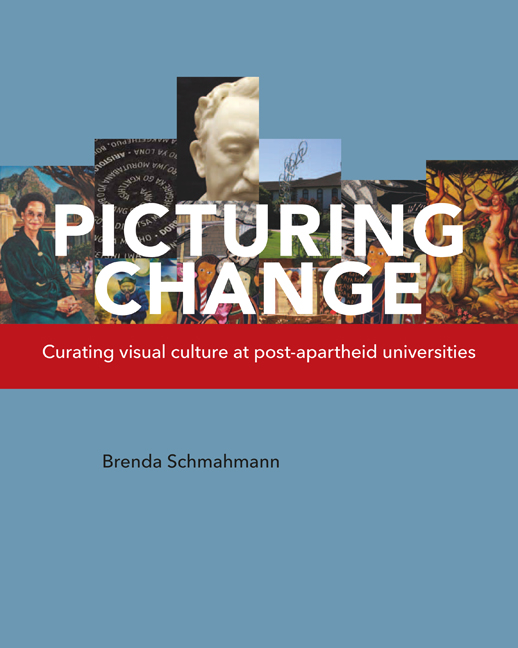
Picturing Change
- Curating visual culture at post-apartheid universities
-
- Published by:
- Wits University Press
- Published online:
- 21 March 2018
- Print publication:
- 01 November 2013
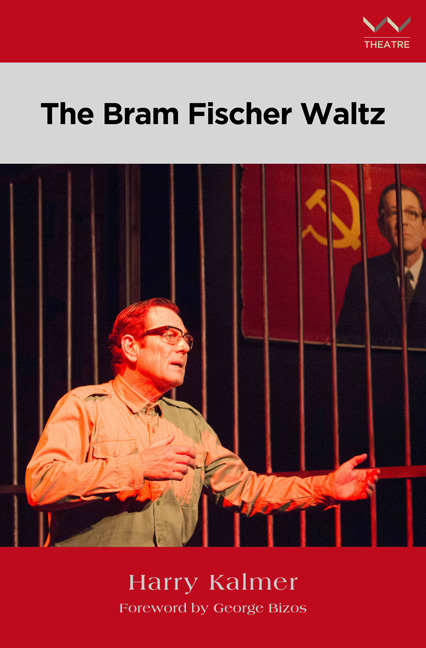
The Bram Fischer Waltz
- A play
-
- Published by:
- Wits University Press
- Published online:
- 21 March 2018
- Print publication:
- 31 December 2016
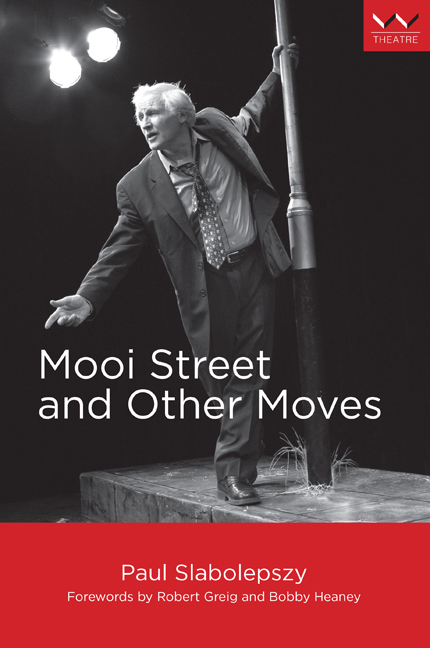
Mooi Street and Other Moves
-
- Published by:
- Wits University Press
- Published online:
- 21 March 2018
- Print publication:
- 31 December 2017
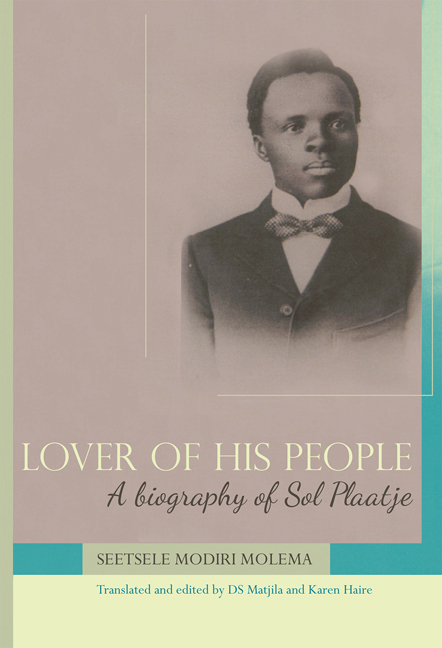
Lover of his People
- A biography of Sol Plaatje
-
- Published by:
- Wits University Press
- Published online:
- 16 March 2018
- Print publication:
- 01 November 2013

Alexandra
- A history
-
- Published by:
- Wits University Press
- Published online:
- 15 March 2018
- Print publication:
- 31 March 2009
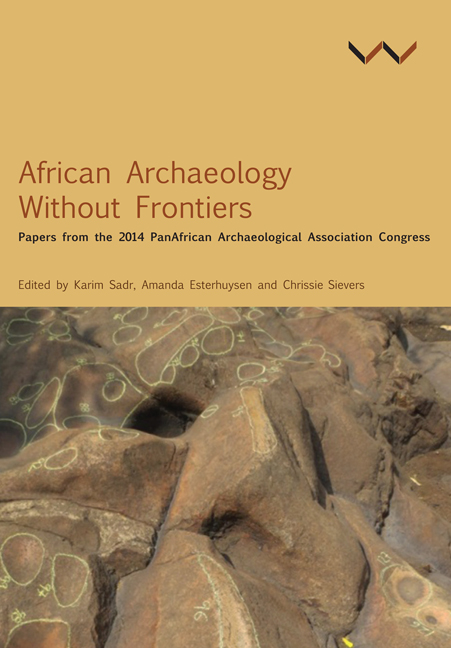
African Archaeology Without Frontiers
- Papers from the 2014 PanAfrican Archaeological Association Congress
-
- Published by:
- Wits University Press
- Published online:
- 15 March 2018
- Print publication:
- 31 December 2016

Accented Futures
- Language activism and the ending of apartheid
-
- Published by:
- Wits University Press
- Published online:
- 14 March 2018
- Print publication:
- 01 November 2013

The African National Congress and the Regeneration of Political Power
-
- Published by:
- Wits University Press
- Published online:
- 14 March 2018
- Print publication:
- 28 February 2012

African-Language Literatures
- Perspectives on isiZulu fiction and popular black television series
-
- Published by:
- Wits University Press
- Published online:
- 14 March 2018
- Print publication:
- 31 August 2012
